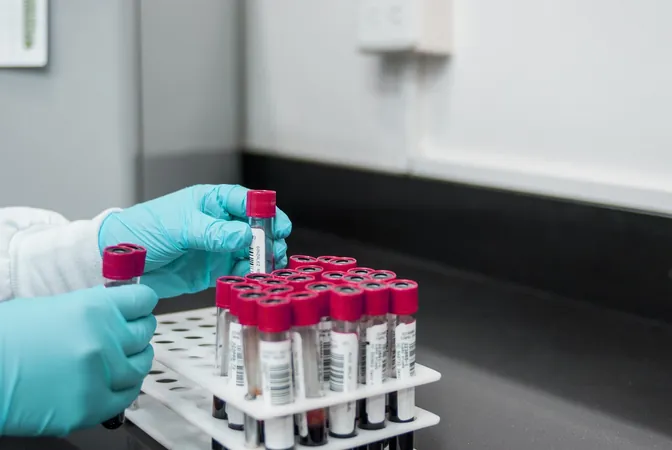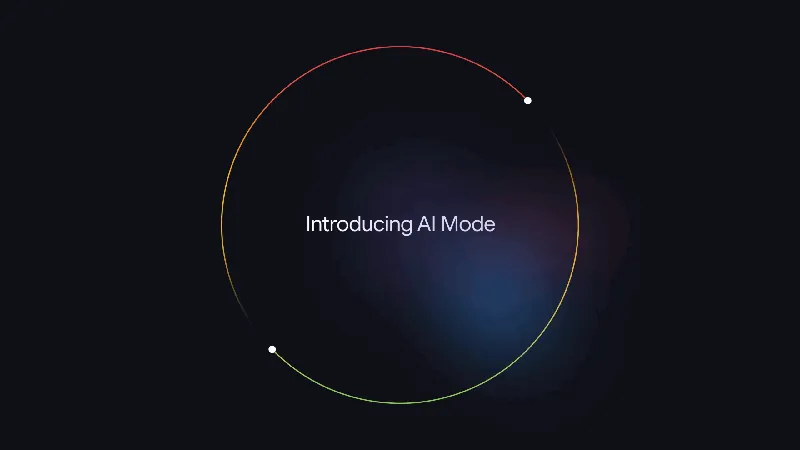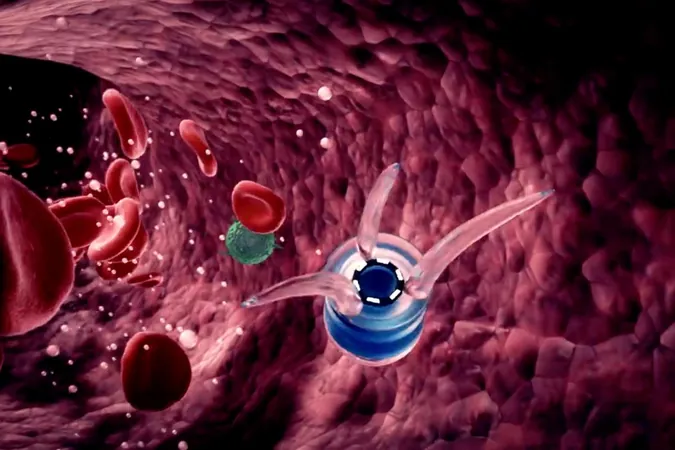
Revolutionary Blood Test Reveals Unique Glycan: A Breakthrough in Schizophrenia Diagnosis!
2025-07-03
Author: Rajesh
A Groundbreaking Discovery from Nagoya University
A pioneering team at Japan's Nagoya University has unveiled a cutting-edge, straightforward blood test that measures polysialic acid—a distinct acidic glycan linked to the brain. This remarkable compound's levels in patients with psychiatric disorders, particularly schizophrenia, pave the way for a novel diagnostic tool and potential treatment options.
What is Polysialic Acid?
Polysialic acid is predominantly found in areas of the brain that govern memory and emotions. Not only is it crucial for brain function, but fluctuations in its levels can also be detected in the bloodstream of individuals with mental health conditions and even certain cancers.
The Challenge of Accurate Measurement
Despite its significance, measuring polysialic acid accurately has been a challenge due to its unique physical and chemical characteristics. The Nagoya University team's innovative technique employs a sophisticated sandwich ELISA method. This involves using a pair of antibodies—one for capturing and another for detecting—the glycan, ensuring precise quantification.
Innovative Technique Minimizes Errors
The research's groundbreaking aspect lies in its use of tailored detection antibodies. A negative antibody, a specially mutated variant, ensures that measurement errors due to non-specific bindings are minimized, thereby enhancing the reliability of polysialic acid assessments.
Promising Results Linked to Schizophrenia
The results are promising: the researchers discovered increased levels of polysialic acid in the blood of schizophrenia patients, while those suffering from chronic inflammatory demyelinating polyneuropathy showed no such increase. This differentiation could revolutionize our approach to diagnosing these conditions.
Broad Implications for Other Diseases
Beyond schizophrenia, the research holds potential applications for other health conditions. Corresponding author Chihiro Sato, Professor at Nagoya University’s Institute for Glyco-core Research (iGCORE), notes that cancer cells release substances that elevate polysialic acid levels in the bloodstream. Understanding this mechanism could unlock new treatment pathways for these diverse diseases.
A Future of Precision Medicine
As research advances, the implications for mental health and beyond are immense. This groundbreaking test could not only reshape schizophrenia diagnosis but also lead to innovative therapies for a spectrum of ailments linked to polysialic acid levels. The future of precision medicine is here, and it's just a blood test away!


 Brasil (PT)
Brasil (PT)
 Canada (EN)
Canada (EN)
 Chile (ES)
Chile (ES)
 Česko (CS)
Česko (CS)
 대한민국 (KO)
대한민국 (KO)
 España (ES)
España (ES)
 France (FR)
France (FR)
 Hong Kong (EN)
Hong Kong (EN)
 Italia (IT)
Italia (IT)
 日本 (JA)
日本 (JA)
 Magyarország (HU)
Magyarország (HU)
 Norge (NO)
Norge (NO)
 Polska (PL)
Polska (PL)
 Schweiz (DE)
Schweiz (DE)
 Singapore (EN)
Singapore (EN)
 Sverige (SV)
Sverige (SV)
 Suomi (FI)
Suomi (FI)
 Türkiye (TR)
Türkiye (TR)
 الإمارات العربية المتحدة (AR)
الإمارات العربية المتحدة (AR)